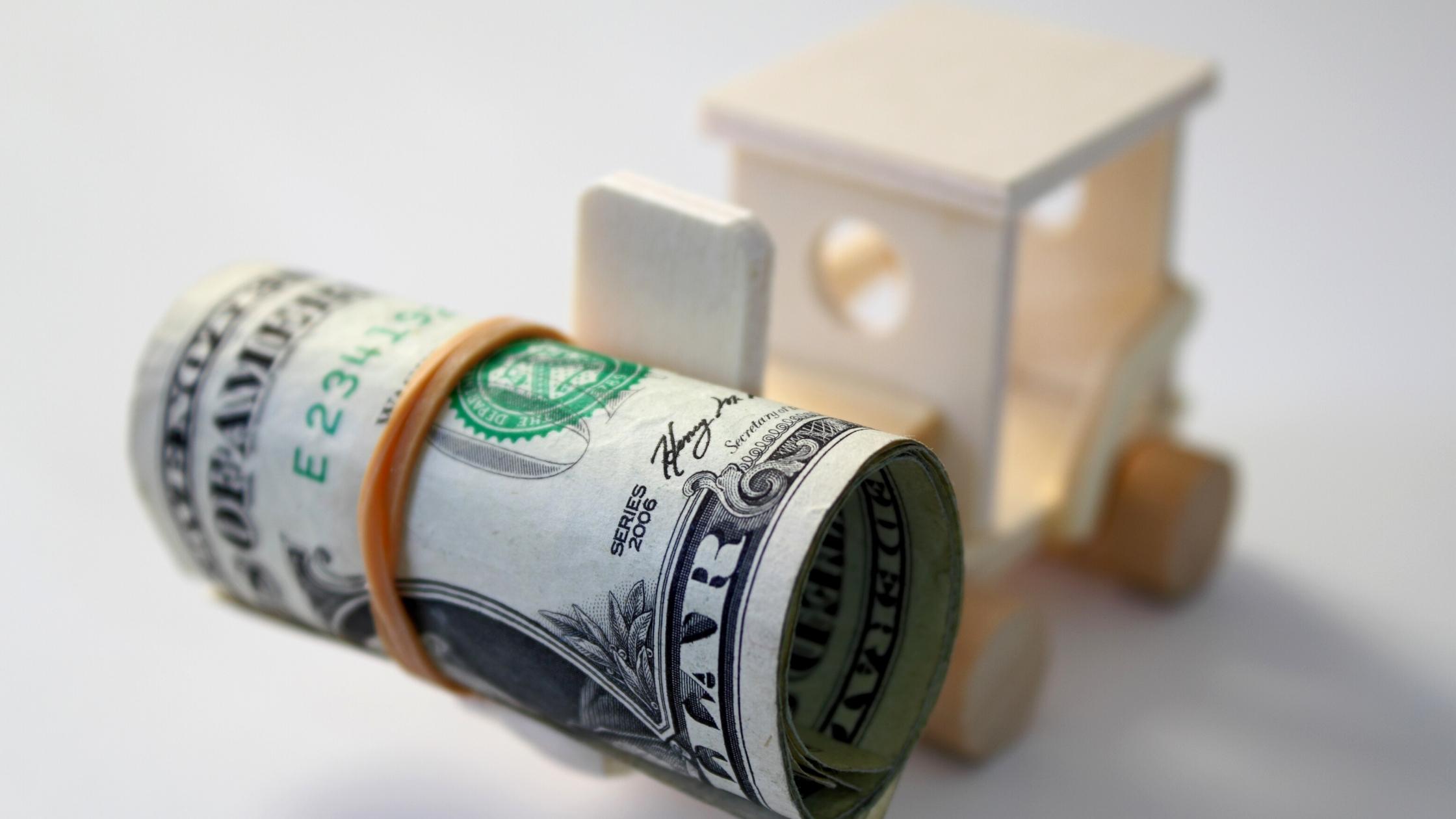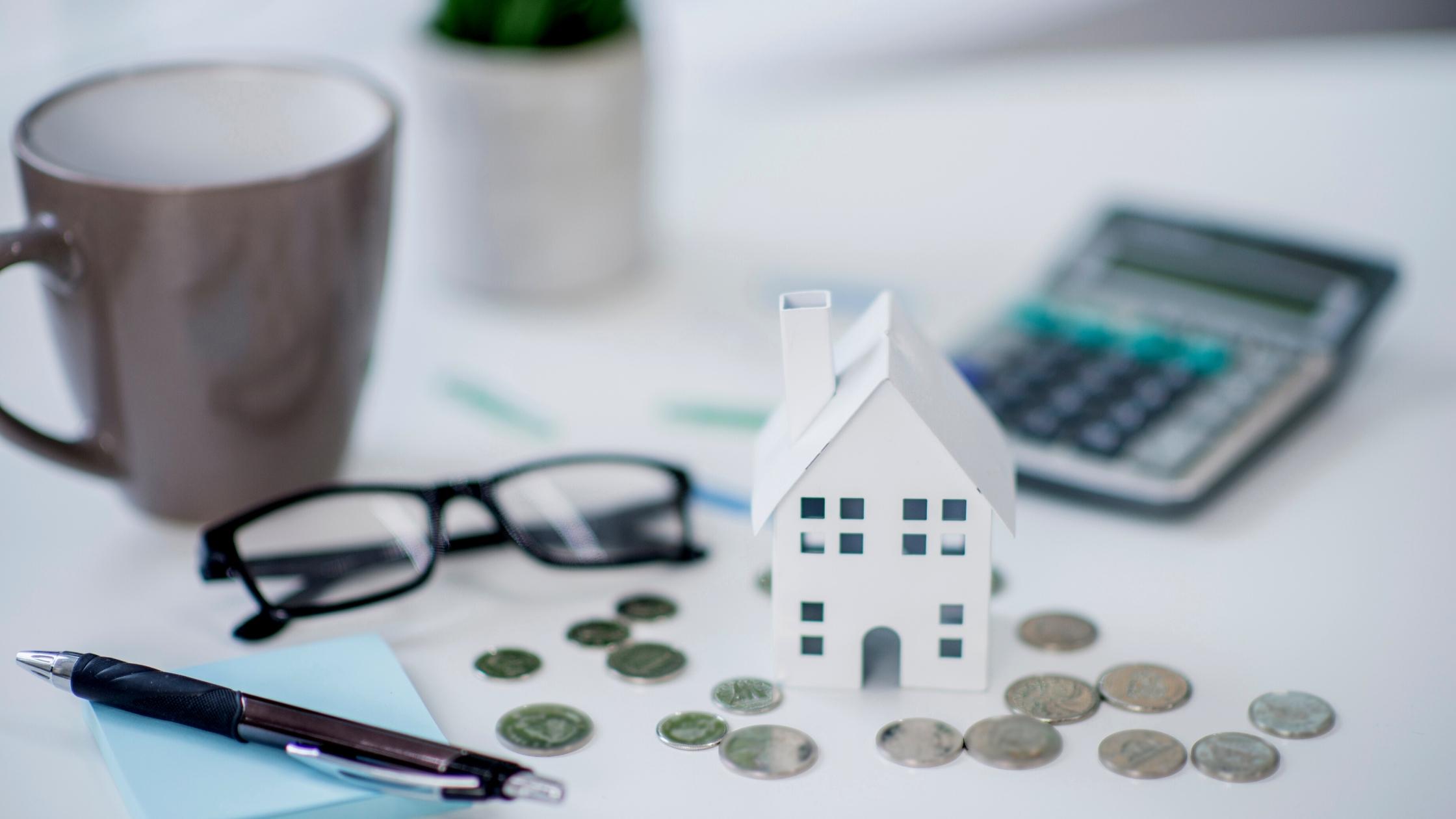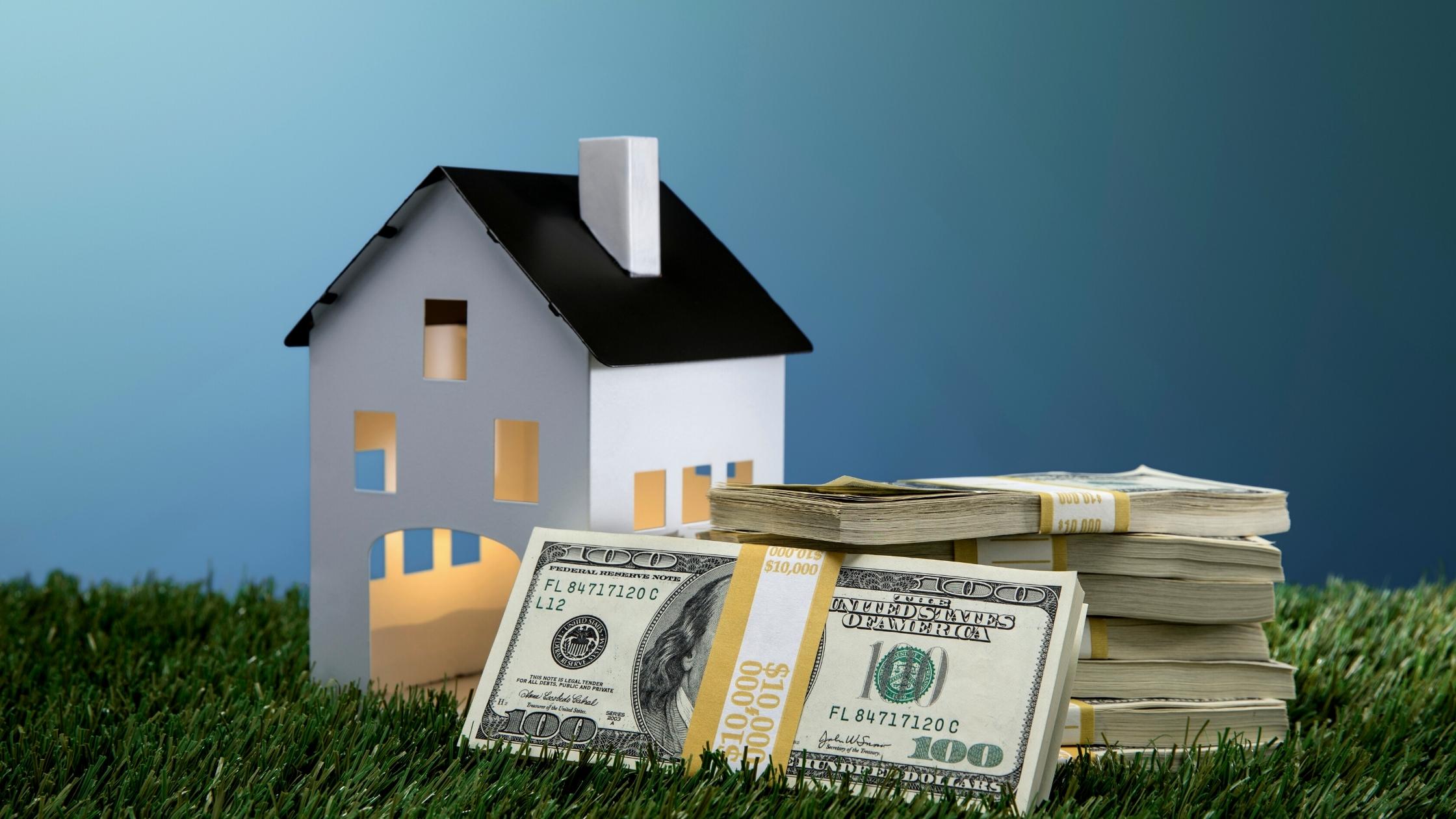What You Need To Know About New Construction Closing Costs

It’s a stressful time to buy a new house, and you’re probably going to have plenty of questions. One common question is how much will closing costs be? We’ll go over the numerous factors that go into determining how much your closing costs will be, as well as some suggestions for minimizing them in this blog post.
Before you get into the nitty-gritty of what it will take to close on a new house, several things factor in determining how much your closing costs will be. These include loan type and structure, down payment amount, state laws regarding buyer’s credits or exemptions for first-time home buyers, lender fees (including origination points), appraisal fee, and credit report fee. The price varies depending on the type of house, whether it is a bungalow design or a duplex house.
Most loans have associated closing costs; these can vary depending on the mortgage product you choose; however, they generally fall within this range. Some products may even allow you to roll certain items like title insurance premiums up front instead of paying them at the time of settlement. If your lender offers an interest rate discount for paying your closing costs in advance, don’t forget to factor that into the total.
Apart from that, there are various other things you may do to assist save money on these fees. Shop around for new houses and compare loan quotes with different lenders before making a final decision. If you have any cash left over from your down payment, consider putting it towards your closing costs rather than letting it sit in an interest-bearing account. Where it’s not earning much of anything until its time at settlement.
You could even ask if additional items are included in the cost quote that isn’t mentioned during initial discussions - especially if you house already has appliances provided by the builder. This will allow you to reduce some of the hidden fees associated with mortgage products like wire transfer fees or courier/overnight mail charges. Since those services typically aren’t part of the standard mortgage closing process.
Buyer’s Guide To Builder Closing Cost Incentives

Many people don’t understand the cost of buying a house. Their lender will tell them what it would be. A survey found that 25% of people were unaware of closing costs, and millennials are less aware than older people. Mortgage origination fees, title protection for the owner and lender, escrow fees and settlement, transfer taxes (also known as property tax), and government records to transfer ownership are included in closing expenses.
When Buying a Home, Who Pays the Closing Costs?
Buyers often have to pay a fee when they buy a house. This is for different things like inspections and insurance. These fees can be expensive, and you need to know how much the buyer’s fee is before agreeing to sell your home.
Some builders may offer incentives to pay back these fees when you have access to their own loan if you are building a house in your neighborhoods. They should try to work out a deal with their lenders. In the case of a non-borrowed home, this cost is often between 2% and 30% of the purchase price. Instead of being applied to the buying price, the 3% charge is applied to the sales price. That is why you have to be prepared of the various fees you might encounter if you plan to buy or build your own house. Besides the floor plan, design, and foundation plan for your house, you also need to be aware of its closing costs to prevent problems in the future.
Preferred Lender

The builder will give you money if you buy a home from them. They will provide it to customers who borrow their mortgage from the builder. That means customers could wonder how to get the bonuses without borrowing money from the builder’s preferred lender. Sometimes, builders do not offer any better building packages than other banks. So buyers will have to look at all the loan offers and see which one has an extra incentive that is worth it.
New Construction Closing Costs
The price of a new home is usually more than the cost of buying an older one. These prices can vary depending on how long it takes to set up a loan, open up an escrow account, and other costs related to the construction. When someone buys a new house, they usually pay for it themselves, but when you build your own house, the builder gives you some money back after closing to help cover these costs.
Preapproval Required
Obtaining a mortgage is not always straightforward. Even though you may not want it, the builder will not let the contractor enter the market without approval for their project or loan. This means that they will make more money from the sale and stay close to your loan process. Sometimes buyers are mad about this, but it does not always affect them!
Cost of Buying a New Home

The seller pays for a property may include title coverage and retransmission fees. But many developers offer generous incentives to reduce the cost of closing on a new house. For example, the developer may offer an introduction or celebration as an incentive. You can also get reduced rates if you use the builder’s own lender.
Pays the Cost
You will pay other fees when you buy a property. Some of these costs may not be paid by the buyer. For example, the seller pays for Transfer Tax, and buyers must pay for title coverage. The cost to transfer your house to an HOA can range from $700-$900. Your lender is required by law to perform an inspection before lending money for a home purchase loan.
To learn more about closing costs, click here.
Frequently Asked Questions About New Construction Closing Costs

